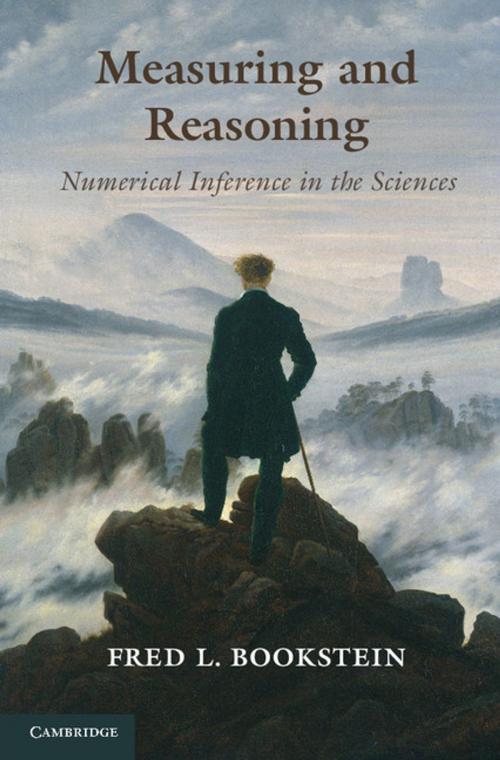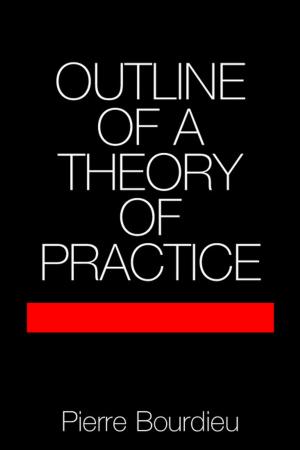Measuring and Reasoning
Numerical Inference in the Sciences
Nonfiction, Science & Nature, Mathematics, Statistics, Science| Author: | Fred L. Bookstein | ISBN: | 9781107720534 |
| Publisher: | Cambridge University Press | Publication: | February 28, 2014 |
| Imprint: | Cambridge University Press | Language: | English |
| Author: | Fred L. Bookstein |
| ISBN: | 9781107720534 |
| Publisher: | Cambridge University Press |
| Publication: | February 28, 2014 |
| Imprint: | Cambridge University Press |
| Language: | English |
In Measuring and Reasoning, Fred L. Bookstein examines the way ordinary arithmetic and numerical patterns are translated into scientific understanding, showing how the process relies on two carefully managed forms of argument: • Abduction: the generation of new hypotheses to accord with findings that were surprising on previous hypotheses, and • Consilience: the confirmation of numerical pattern claims by analogous findings at other levels of measurement. These profound principles include an understanding of the role of arithmetic and, more importantly, of how numerical patterns found in one study can relate to numbers found in others. More than 200 figures and diagrams illuminate the text. The book can be read with profit by any student of the empirical nature or social sciences and by anyone concerned with how scientists persuade those of us who are not scientists why we should credit the most important claims about scientific facts or theories.
In Measuring and Reasoning, Fred L. Bookstein examines the way ordinary arithmetic and numerical patterns are translated into scientific understanding, showing how the process relies on two carefully managed forms of argument: • Abduction: the generation of new hypotheses to accord with findings that were surprising on previous hypotheses, and • Consilience: the confirmation of numerical pattern claims by analogous findings at other levels of measurement. These profound principles include an understanding of the role of arithmetic and, more importantly, of how numerical patterns found in one study can relate to numbers found in others. More than 200 figures and diagrams illuminate the text. The book can be read with profit by any student of the empirical nature or social sciences and by anyone concerned with how scientists persuade those of us who are not scientists why we should credit the most important claims about scientific facts or theories.















